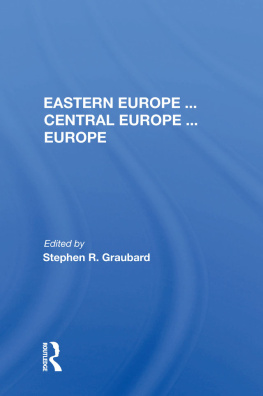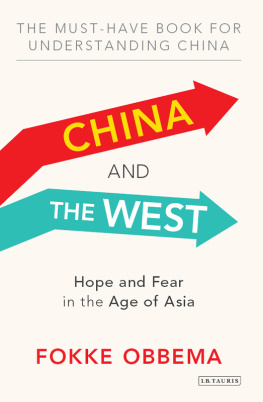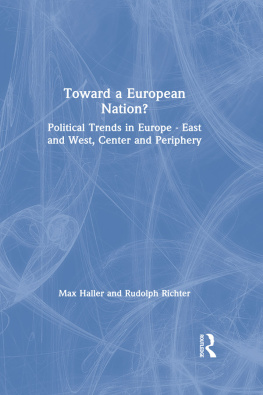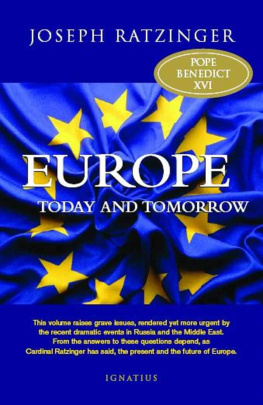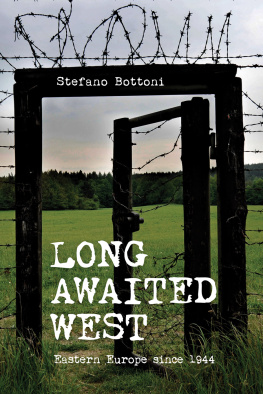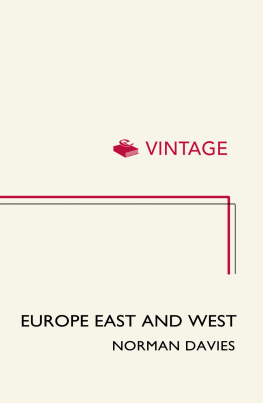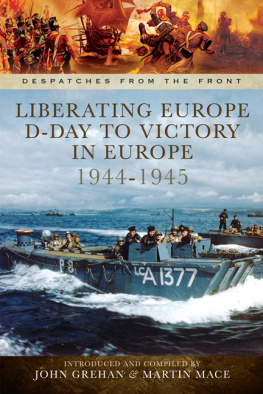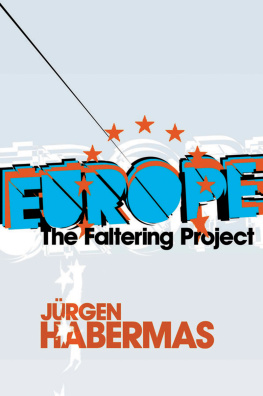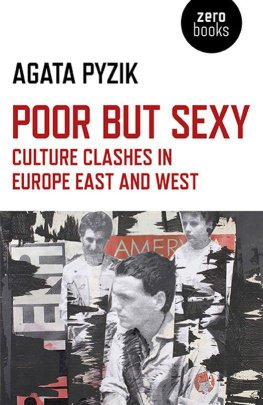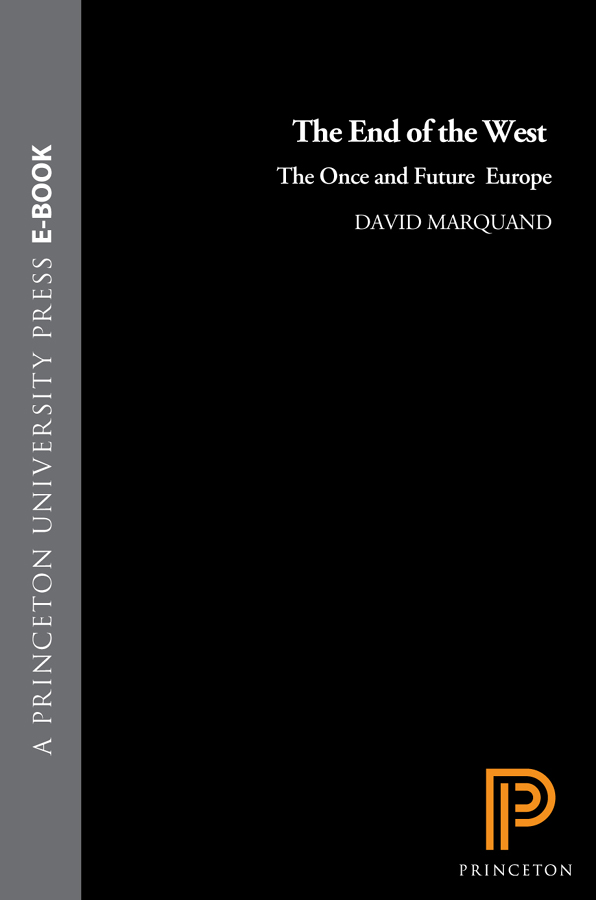THE END OF THE WEST

Princeton University Press
Ruth OBrien, Series Editor
THE END OF THE WEST
THE ONCE AND FUTURE EUROPE

DAVID MARQUAND
PRINCETON UNIVERSITY PRESS
PRINCETON AND OXFORD
Copyright 2011 by David Marquand
Requests for permission to reproduce material from this work should be
sent to Permissions, Princeton University Press
Published by Princeton University Press, 41 William Street,
Princeton, New Jersey 08540
In the United Kingdom: Princeton University Press, 6 Oxford Street,
Woodstock, Oxfordshire OX20 1TW
press.princeton.edu
Jacket photo: Constantine Manos, Man Reading Newspaper,
Chania, Crete, 1962, from A Greek Portfolio. Costa Manos/Magnum.
All Rights Reserved
Library of Congress Cataloging-in-Publication Data
Marquand, David.
The end of the West : the once and future Europe / David Marquand.
p. cm.(The public square book series)
Includes bibliographical references and index.
ISBN 978-0-691-14159-6 (hardcover : acid-free paper) 1. European Union
countriesPolitics and government21st century. 2. EuropePolitics and
government21st century. I. Title.
JN30.M3536 2011
320.94dc22 2010046141
British Library Cataloging-in-Publication Data is available
This book has been composed in Minion Pro
Printed on acid-free paper.
Printed in the United States of America
1 3 5 7 9 10 8 6 4 2
To the memory of
Nina Fishman and Ghita Ionescu,
dear friends and staunch Europeans

CONTENTS

FOREWORD
Ruth OBrien

Teaching American politics to Ph.D. students in the United States is always an engaging experience. Understanding how the Constitutional Convention concocted the so-called three-fifths compromise, in which a slave embodied this ratio to reconcile representation between the Southern agrarian slave states and the Northern mercantile free states, leads to lively discussions. Yet addressing the more recent workings of governance is a good way to kill any discussion. By the time we reach federalism, my students begin squirming. Former Supreme Court Chief Justice William Rehnquists new federalism doctrine fires up my students much less than Thomas Jefferson, John Marshall, and James Madison.
In The End of the West, David Marquand does not face this disjunction between the origins and governance. In this, the European Projects sixtieth anniversary year, Marquand provides near perfect pitch, portraying the unmistakable federalist direction that defines the EUs governance structure that is unfolding no matter what alongside unraveling its very complicated origins.
To do so, Marquand asks, who were the European Unions founding fathers? Why is there no James Madison leading elevated discussions about virtue and liberty? Lacking a Madison, let alone a Federalist Papers, Marquand provides us with a masterly book that constitutes a different kind of call to action. This book encourages European peoples and politicians to unpack, critically analyze, and ponder the intersecting and interconnecting mazes and webs of ambiguities, contradictions, and outright evasions underlying the European Project, along with the EUs emergence and transformation in real time.
Marquand makes us face some sobering facts. As the European Project evolved into a quasi-federalist system of governance, its success stemmed from the postWorld War II history of a continent soaked in blood and shame seeking to avoid yet another multinational war. Yet, as the prospect of such a catastrophe faded, the European Project fell prey to some careerism and horse-trading even though some visionary leaders followed some of its focused and pragmatic founders.
In pairings, Marquand discusses ethnicity and identity, EU governance and authority, and civilization and territory. Having expanded more than fourfold from the original six to twenty-seven member states, stretching geographically and culturally from Ireland to Turkey, how much farther are they going? Where does Europe begin and end? Being non-ethnic and implicitly anti-ethnic, the European Project may have expelled ethnicity through door only to find it has now come in through an EU window.
Marquand finds it ironic that just as the EU has enhanced its governance and authority, the member states publics participate less and less in electing their members of the European Parliament, despite far-right national parties stirring up resentment of the ultra-rich, of unemployment and insecurity, of the left intelligentsia, of the political class, of immigrants, and of the EU itself. In the face of all this, along with stresses like immigration, terrorism, and the global financial crisis, can the label European command any allegiance, except as a convenient euphemism for Germans traveling abroad? Might the design of Europes bold framers someday face a sectional crisis?
Marquand warns us that the languages of realpolitik and raison dtat, no matter how successful, never come out of a cultural vacuum. Now Marquand fills that vacuum with a grand narrative having the necessary historical sweep. All lies in the past, he points out poignantly. Differentiating between medieval Judaeophobia and the nineteenth- and twentieth-century anti-Semitism that led to the Holocaust, Marquand will have readers pondering: Is the Muslim question reminiscent of the Jewish Question? Or is this a clash of civilizations associated with the tribal democracy that fed Judaeophobia? As the EU expands, can it go beyond the politics of tolerance and multiculturalism and govern on the basis of difference and diversity?
Marquand gives his readers a challenge. While the German Constitutional Court upheld the Lisbon Treaty, reinforcing a type of constitutionalism that circumvented negative national referendums in France, the Netherlands, and Ireland, it left the member states and their peoples two caveats to chew on like a ships hardtack and start trying to resolve. First, the Court ruled, there is no uniform European people capable of expressing its majority will. And second, European decision making does not take due account of equality. Small nations have more weight than big ones. Hence, a structural democratic deficit has long plagued the EU.
I wont spoil the ending by exposing how Marquand proposes to resolve these two caveats. Nor will I diminish the way he unfurls the EUs breathtaking opportunities and accomplishments, such as anti-discrimination rights that arent just civil but part of the body of human rights, or the way so much member-state legislation, as in Ireland, has been inspired by actions of the EU. The European Court of Justicemodeled consciously after the U.S. Supreme Court, Marquand reminds usrenders decisions that bind national courts and the member states national governments, sometimes, in suits that can be filed by individual citizens, ordering governments to change unjust laws and public policies.


